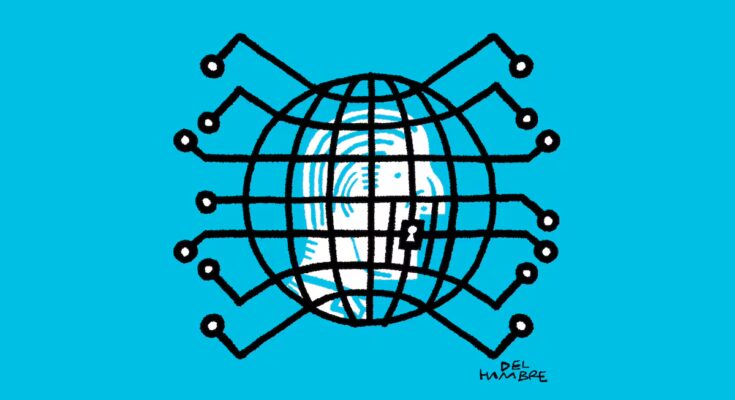Imagine you want to modernize your home and install smart systems: heating, electricity, security. You hire a company and everything works fine, but one day you decide to change vendors and discover that the systems are so tightly integrated that separating them is impossible. It would take years and a fortune. But you have to keep the house running. Technically you are the owner, but if they raise prices or cut service there is nothing you can do: you have lost control of your home without realizing it, contract after contract. Now imagine that company doesn’t believe in your right to decide about your life. A scandal, right? Well, this is what happens today with democratic states, where a handful of tech billionaires who abjure democracy are buying up their critical infrastructure, piece by piece. This is reflected in a report by economist Francesca Bria, which documents how the Peter Thiels and Elon Musks of the world are building what she calls technological authoritarianism: an architecture of power that controls the fundamental functions of the state, creating infrastructural dependency and avoiding political control.
This summer the US Army awarded Palantir, Thiel’s company, one of the largest contracts in its history: ten billion dollars. It’s not one more. Until now, the Army distributed its data analytics contracts among dozens of vendors, but this deal centralizes everything in a company whose founder says “freedom and democracy are incompatible.” Palantir becomes the eyes of the government: it processes the data and determines what military intelligence sees or what patterns the police detect. And there are other examples. Musk’s Starlink owns the satellites that allow entire armies to communicate. If Musk shuts them down, as he has already done in Crimea, the troops will be deaf and blind. But Palantir or Starlink are not isolated companies: they work as a system, a digital infrastructure that requires industrial quantities of energy. And controlling these elements together means controlling the basic functioning of the state, not through laws or institutions, but through pure technological dependence.
Europe observes all this with a paradoxical concern. We talk about “digital sovereignty” and “strategic autonomy,” but we continually conclude contracts with these same companies. Germany has signed a deal with Anduril, an autonomous Californian military drone company financed by the Thiel network, to produce defense systems that will be integrated into NATO. The drones are assembled on German soil, but the software – the brain that decides what to monitor and how – is Californian. The UK contracts with Palantir for its healthcare system. Ukraine’s defense, which is Europe’s, depends on Starlink while Musk does it live online with Alice Weidel, leader of the German far right. The paradox is brutal: none of these contracts has provoked a real debate. Few ended up on the front pages of newspapers. What are actually presented as technical decisions about “modernization” and “efficiency” are irreversible transfers of sovereignty. The difference between losing control of one’s home and that of a state is only one of scale. When critical infrastructure is in private hands, formal ownership is a mere fiction. Europe maintains its Parliaments and its elections, but if our defense depends on Anduril and Starlink communications, what does our sovereignty mean? The question is not whether this will happen: it is happening. The key is whether we realize this before it’s too late to walk away.



